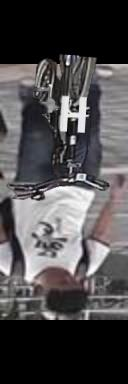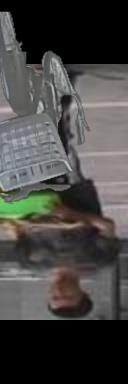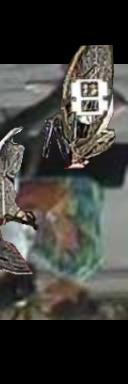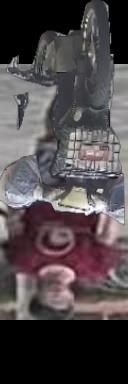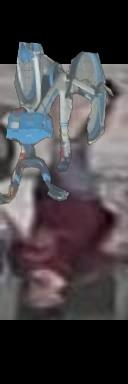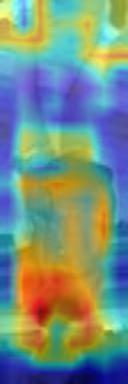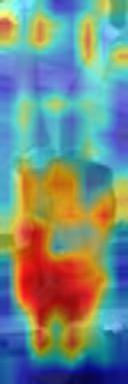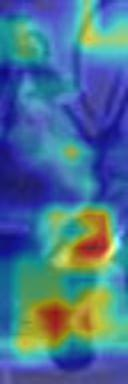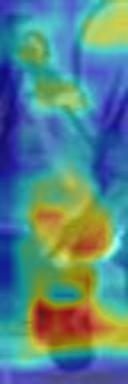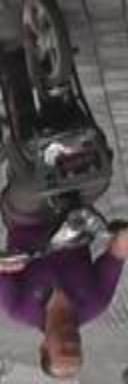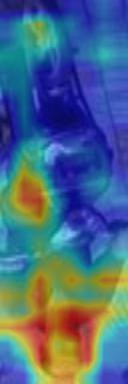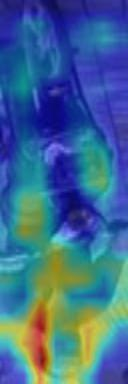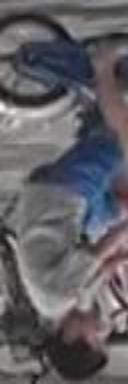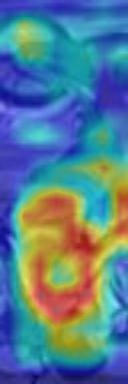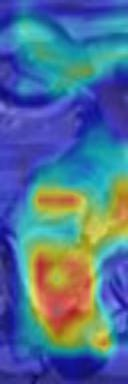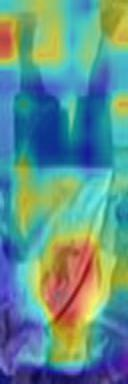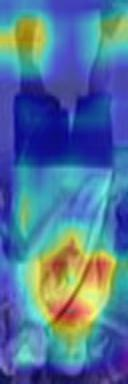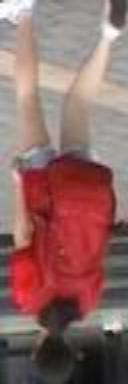Re-identification (ReID) aims at matching objects in surveillance cameras with different viewpoints. It's developing very fast, but there is no processing method for the ReID task in multiple scenarios at this stage. However, this dose happen all the time in real life, such as the security scenarios. This paper explores a new scenario of Re-identification, which differs in perspective, background, and pose(walking or cycling). Obviously, ordinary ReID processing methods cannot handle this scenario well. As we all know, the best way to deal with that it is to introduce image datasets in this scanario, But this one is very expensive. To solve this problem, this paper proposes a simple and effective way to generate images in some new scenario, which is named Copy and Paste method based on Pose(CPP). The CPP is a method based on key point detection, using copy and paste, to composite a new semantic image dataset in two different semantic image datasets. Such as, we can use pedestrians and bicycles to generate some images that shows the same person rides on different bicycles. The CPP is suitable for ReID tasks in new scenarios and it outperforms state-of-the-art on the original datasets in original ReID tasks. Specifically, it can also have better generalization performance for third-party public datasets. Code and Datasets which composited by the CPP will be available in the future.
翻译:重新定位( ReID) 旨在将监视相机中的目标与不同角度相匹配。 它正在发展非常快, 但目前没有在多个情景中处理 ReID 任务的方法 。 但是, 此剂量在现实生活中会发生, 比如安全情景 。 本文探索了一种新的重新定位方案, 其视角、 背景和表面( 行走或骑车) 。 显然, 普通 ReID 处理方法无法很好地处理此情景 。 正如我们所知道的, 最好的处理方法就是在这个扫描中引入图像数据集, 但是这个处理非常昂贵 。 要解决这个问题, 本文建议了一个简单有效的方法来生成某些新情景中的图像, 名为复制和粘贴方法, 以 Pose (CPP) 为基础。 CPP 是一种基于关键点检测的新方法, 使用复制和粘贴, 在两个不同的语义图像数据集中合成新的语义图像数据集。 我们可以使用行人和自行车来生成一些显示同一人乘坐不同自行车的图像 。 CPPP 也可以在原始版本中应用原始数据格式, 用于常规数据格式 。


